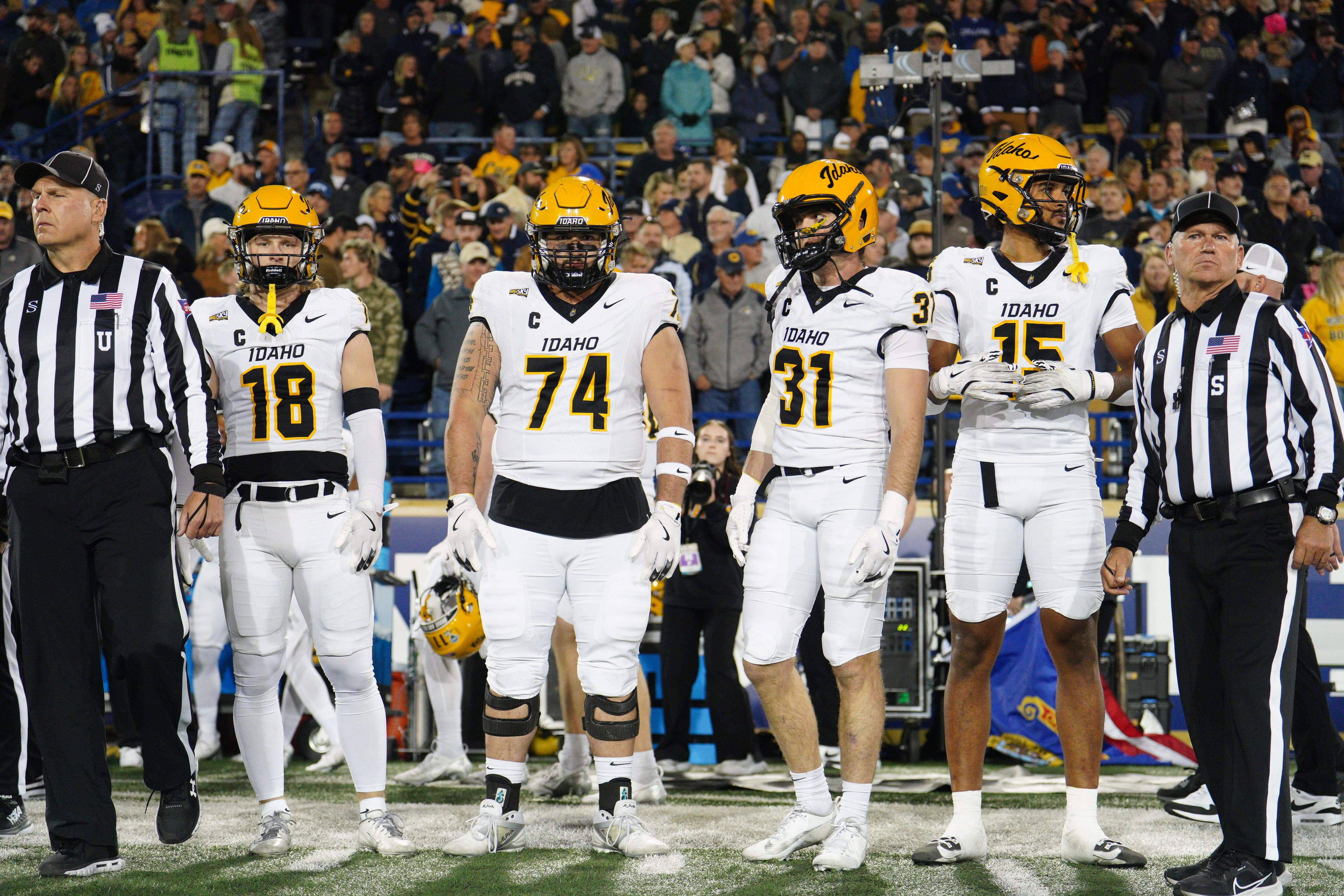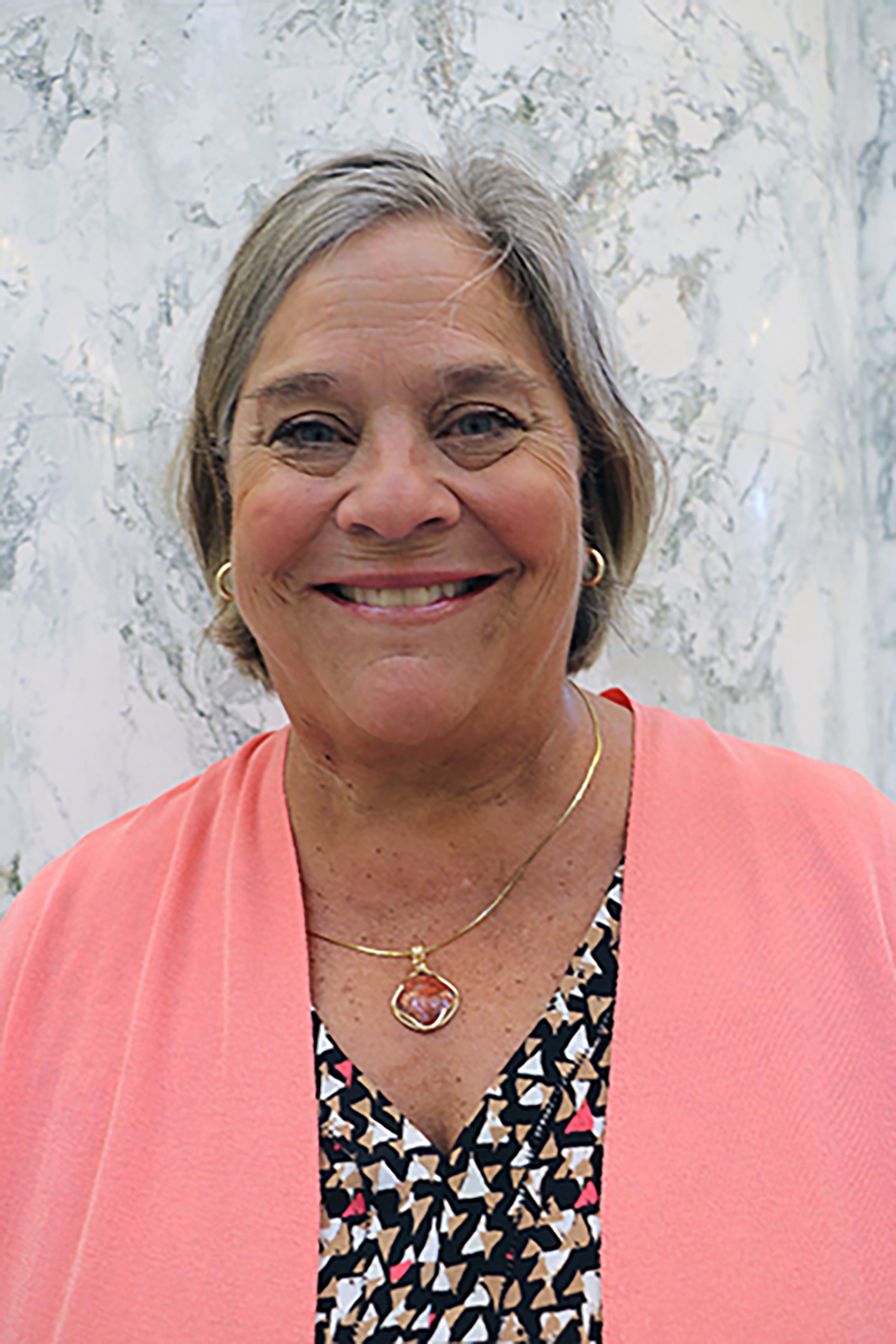JEERS ... to Ammon Bundy.
To hear him tell it, he’s not responsible for protesters who forced their way into the House gallery and shattered a glass door during last summer’s special legislative session.
Occupying a committee room chair designated for reporters and forcing state police to carry him out wasn’t his idea.
Returning to the state Capitol the day after his first arrest got him banned for a year was simply an accident.
In seeking to dismiss the misdemeanor trespassing and resisting arrest charges pending against him, Bundy asserted last week:
“ ... I was targeted by Idaho Gov. Brad Little, Speaker of the House Scott Bedke and Senate Pro-Tempore Brent Hill. Evidence will show that these Idaho State leaders (and others) conspired to remove me from the Capitol building because they viewed me as an opposing political leader and believed I would prove to be a deterrent to their political objectives if I was allowed to remain present at the capitol building during the special legislative session and during the upcoming regular legislative session in 2021.”
Bundy’s no victim. Who does he think he’s fooling?
CHEERS ... to U.S. Sens. Mike Crapo and Jim Risch, both R-Idaho.
Signing on as cosponsors to Utah Republican Mike Lee’s Payment in Lieu of Taxes review asks the right question from the right people.
It has the added virtue of preventing Idaho lawmakers from wasting any more of your tax dollars on another fruitless dispute about the value of federal lands in the Gem State.
For a couple of years, state lawmakers — prodded by former Utah legislator Ken Ivory — have been promoting legislation to study the taxable value of federal lands.
Establish that the lands are undervalued, they believe, and the state would be in a position to seek more PILT money.
The latest version, sponsored by state Rep. Wendy Horman, R-Idaho Falls, has a price tag of $250,000.
If this feels like a boondoggle, it could be because Idaho establishes the taxable value of agriculture and timber land on its ability to produce income, not its sales price. So even after such a study was completed, there’s no guarantee of a larger PILT check for Idaho’s counties. Just the reverse is possible.
Or it could be that all the Legislature can do with its finding is submit a memorial to Congress formally seeking more money. So what? As the Lewiston Tribune’s William L. Spence chronicled, once those memorials reach Capitol Hill, they disappear.
Maybe it’s just the Ivory connection. This isn’t time he has inspired a raid on the state treasury. In 2013, Ivory promoted the idea that Idaho could go to court and compel Uncle Sam to part with more than 30 million acres in Idaho. Even after Attorney General Lawrence Wasden pointed out the fallacy of that strategy, lawmakers proceeded — and hired former U.S. Interior Solicitor William Myers of Boise. He reached the same conclusion — but not before lawmakers spent $80,000 on the effort.
Horman’s bill cleared the House on a 55-13 vote earlier this month. Now that Crapo and Risch are parties to a more substantial project, here’s hoping the state Senate will drop it.
JEERS ... to Idaho Freedom Foundation education policy analyst Anna Miller.
Sometime after the Idaho Legislature resumes next week, it will get the chance to reverse one of this session’s major blunders — killing a federal grant that provides $6 million a year for three years to promote early childhood learning. This merely expands and continues a $3.3 million grant approved last year, some of which funds a child care collaborative at Kendrick-Juliaetta.
From the way Miller described the initiative, you wouldn’t recognize it.
For instance, she has mistaken the Early Learning Institute embodied within the Idaho program with totally unrelated organizations based in Detroit, Pittsburgh and California.
She ascribes to the GOP appointees on the State Board of Education a radical agenda.
Even the benign Idaho Commission for Libraries gets sandblasted with innuendo.
This is nothing more than a modest nuts-and-bolts program aimed at rolling back some of Idaho’s child care deserts — which afflict about half of the state — not some nefarious plot to brainwash pre-schoolers about social diversity.
Face it: To children that young, social diversity boils down to standing in line, waiting your turn, sharing and being nice to each other.
What kind of pre-school program did Miller attend?
CHEERS ... to state Sen. Carl Crabtree, R-Grangeville.
Working with Rep. Judy Boyle, R-Midvale, Crabtree is behind a plan to bring full-time kindergarten to all of Idaho schools.
Ever since then-Gov. Cecil D. Andrus championed public school kindergartens in the mid-1970s, the state has provided just enough money to staff those programs for a half-day.
That’s no longer adequate. Because Idaho does virtually nothing to support early childhood education, more than half of young children show up for their first day of school unprepared to learn.
Expand kindergarten from four hours to more like seven and the benefits can be substantial. For instance, the U.S. Department of Education found more than two-thirds of students in an all-day kindergarten class spent an hour a day on literacy, compared to 37 percent of pupils in a half-day program. When it came to mathematics, 81 percent of pupils in an all-day program got 30 minutes a day instruction — compared to 52 percent who attended a half-day of school.
But it’s a matter of affordability. As Idaho Education News’ Kevin Richert reported two years ago, 81 of Idaho’s 115 school districts were offering full-time programs. Of course, that means doing without somewhere else.
Still, about a quarter of Idaho school districts are too strapped to find the money.
Crabtree’s plan is draw upon $42 million a year from federal coronavirus relief funds to establish that beachhead.
“Statewide, 60 percent of kids aren’t prepared to come to school for the first grade,” Crabtree said. “So what are we going to do about it?”
Politics at its best is often called the art of the possible. Crabtree is its latest practitioner. — M.T.












